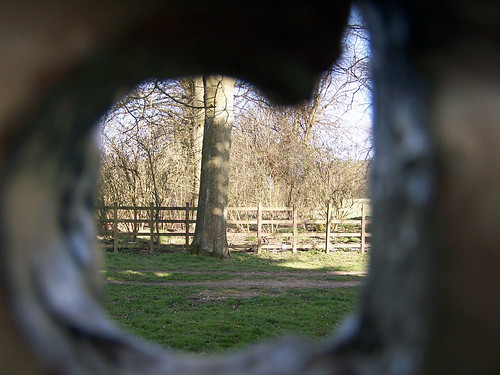
Privacy is generally thought to be a good thing, yet something that people are willing to give up (for themselves and others alike) in order to obtain some other benefit. The modern society offers numerous trade-offs of privacy and order,
privacy and property rights, privacy and access to valuable stuff. The modern consumer is generally blaze about what privacy is, but overall willing to
give it up for any and all considerations.
What I personally find missing is a basic quantitative idea of how privacy is valued. Simply, how much does it cost to keep?
In some cases, there is no market for privacy at all - no matter how much one is willing to pay, s/he should not be allowed to bring explosives into a public place, fly plaines, or even drive cars on public roads anonymously.
But more often than not, privacy can be sold and bought - for money, for convenience, and for stuff.
- Test-drive a car in exchange for the dealership taking a copy of my DL.
- Get 20% discount for providing a shop with my email address.
- Receive frequent flyer miles if I use a credit card with my name on it instead of anonymous cash to make a purchase.
(In fact, credit card companies have perfected the craft of buying privacy for stuff back in the 80s and early 90s, giving out hundreds of T-shirts to students who would fill out the credit application.)
The internet era brought in numerous companies that trade for privacy on the sly, without telling users that their services are not entirely free. Google, and now Facebook have the most users and generate the most buzz, but are hardly alone in this.
Trading privacy for service is not the only way to do business, but it is the most successful. Consumers consider their privacy to cost nothing, and thus think that they are getting something for nothing. The market is effectively voting for Google/Facebook and other privacy-trading outfits. The business models where consumers have a choice whether to trade-in their privacy, or pay cold hard cash are more work, and not nearly as popular with users as the "get stuff for free, but we get to know everything about you, and perhaps claim copyrights to your creative work too".
NPR declares this phenomena The end of Privacy. A popular blogger Penelope Trunk thinks that "your privacy is overrated".
I think my privacy is underrated, by people like Penelope. I am still hoping that the society will reach a point where privacy is valued for what it is -- a valuable trade-able consideration. People will learn to make an intelligent choice how much privacy to give up, and in exchange for what -- perhaps, supply fingerprints in exchange for a right to drive, but not for a free car wash.
re-posted from Door64.com - Austin Hi-Tech OnLine
No comments:
Post a Comment